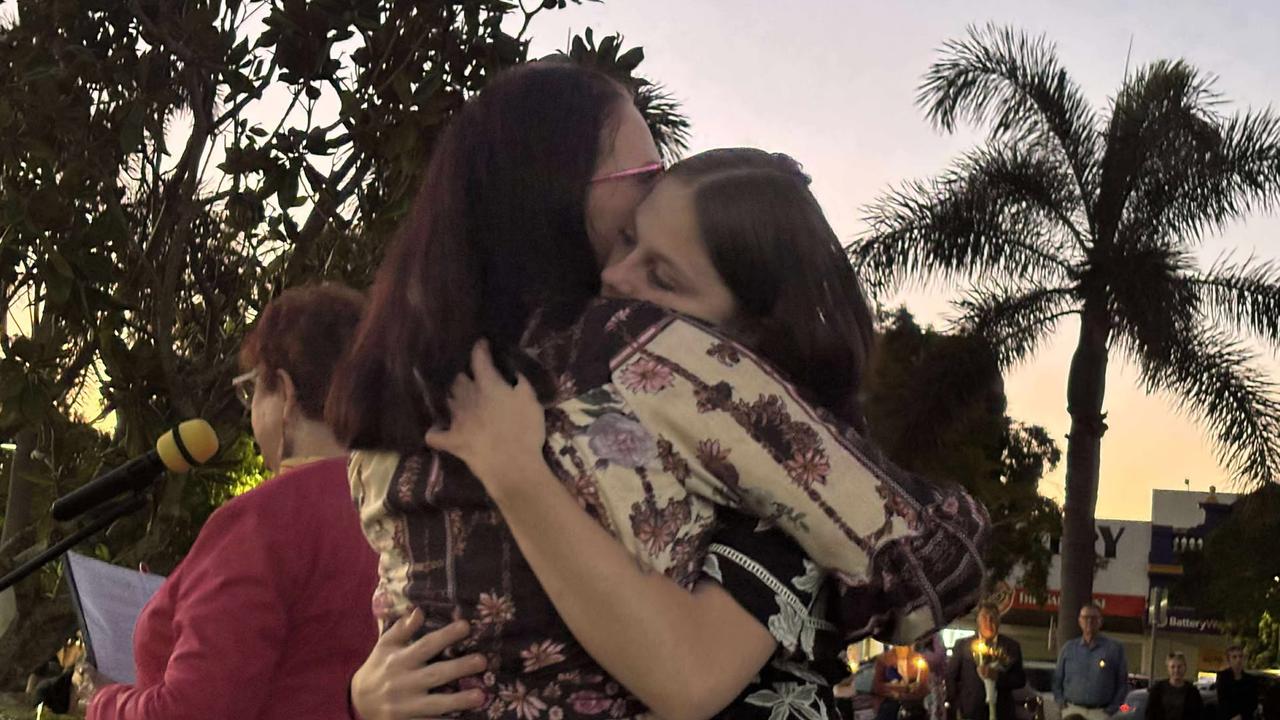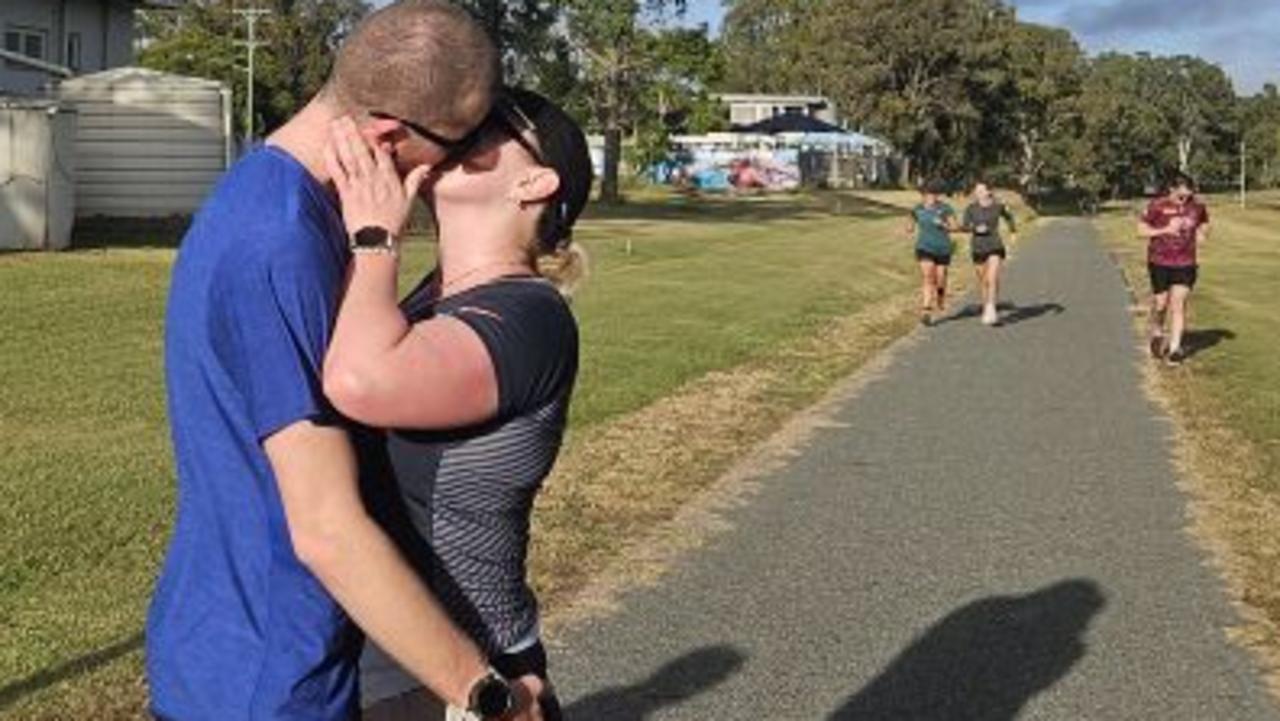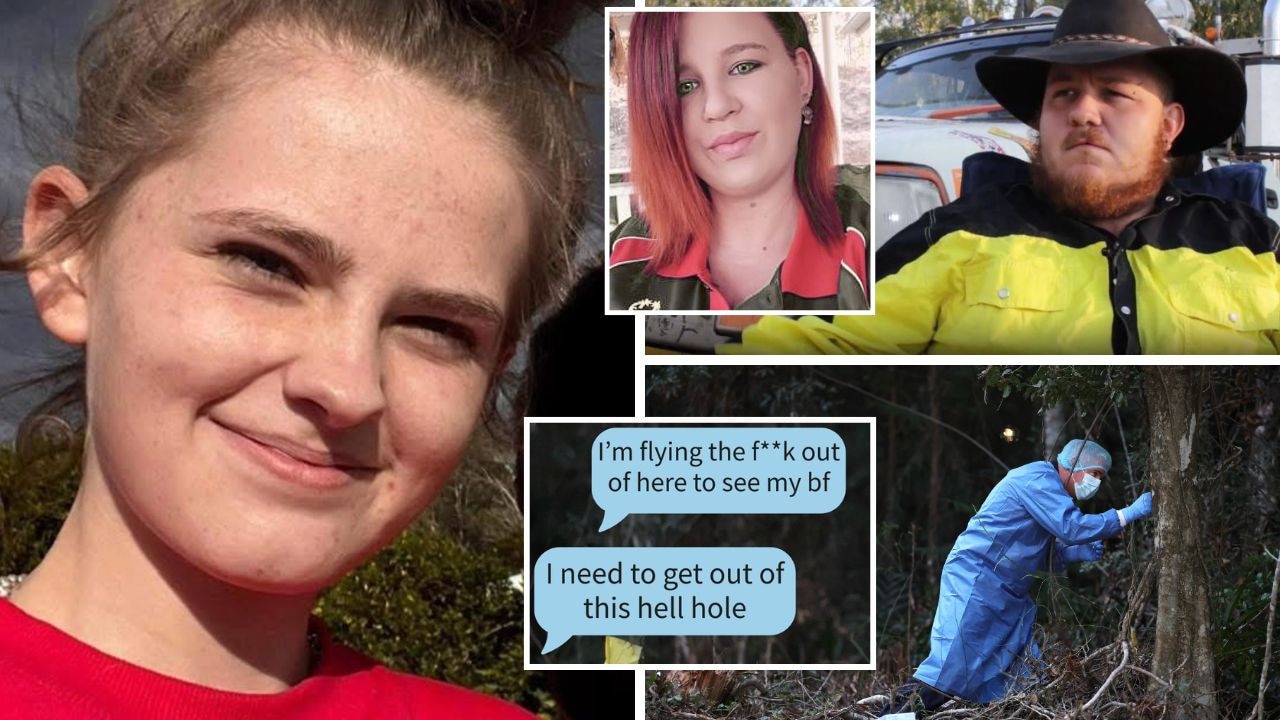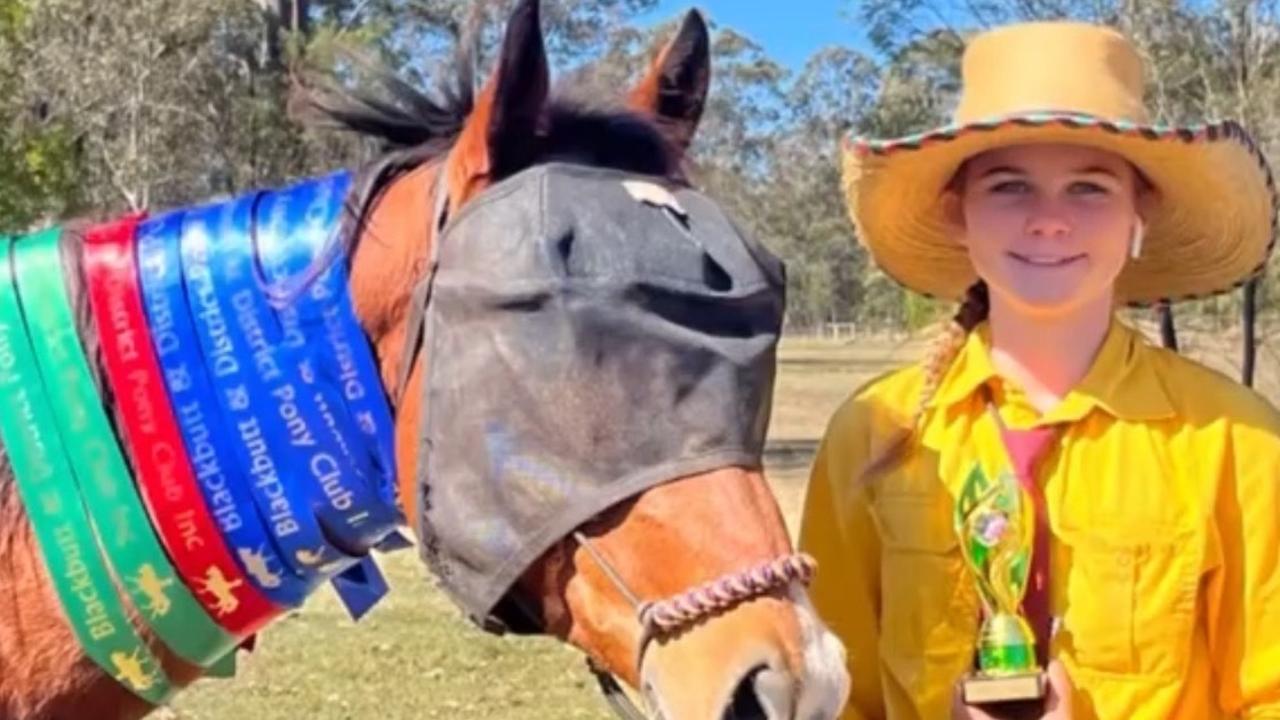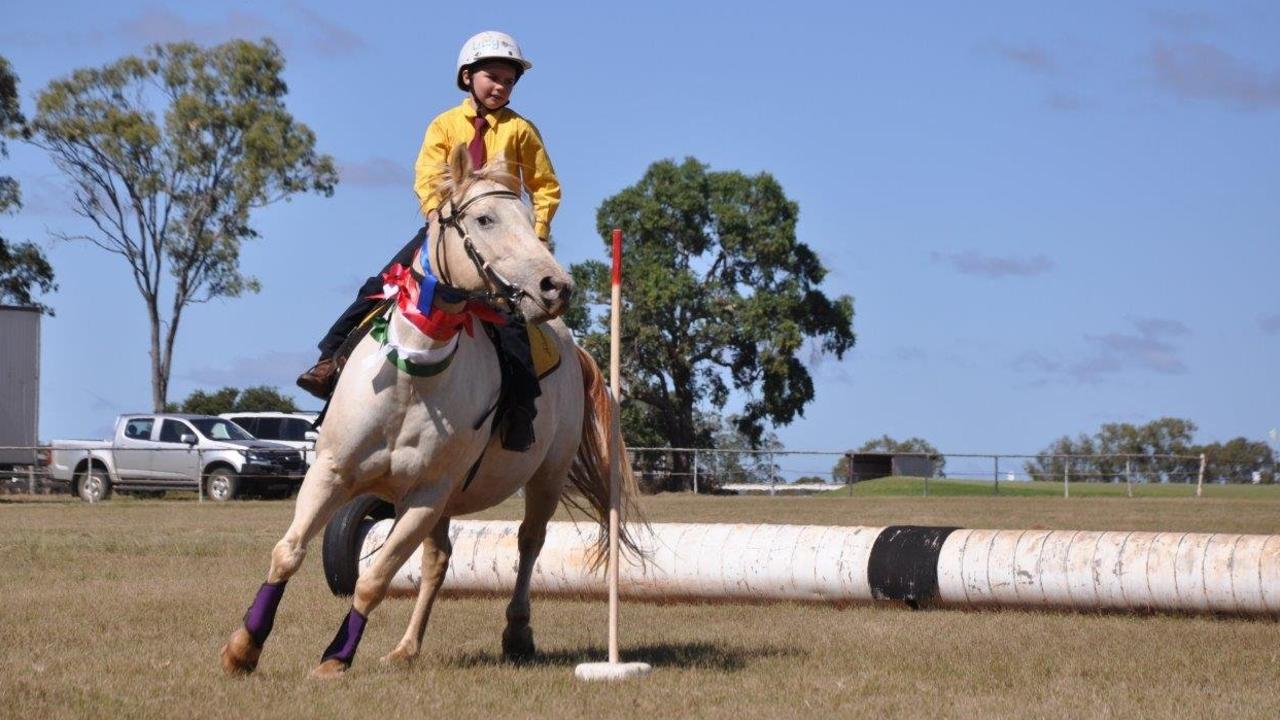Trend shows scammers targeting Indigenous communities
Reports of scam activity from Indigenous Australians has never been higher. This year alone, there have been 1800 reports with losses totalling almost $3m

Central & North Burnett
Don't miss out on the headlines from Central & North Burnett. Followed categories will be added to My News.
THE Australian consumer watchdog has joined forces with the Queensland Office of Fair Trading to launch an awareness campaign to combat a worrying rise in scams in Indigenous communities.
An initiative of the Australian Competition and Consumer Commission and state and territory consumer affairs agencies, the new 'Too good to be true' campaign will educate Indigenous communities on ways to identify and avoid scammers.
According to the ACCC, reports of scam activity from Indigenous Australians has never been higher.
Data from the government's ScamWatch website reveals a troubling upward trend.
In 2017, there were 1810 scam reports from Indigenous people that had been fleeced out of nearly $1.7million - a 14 per cent increase on 2016.
Victims of dating and romance scams reported the biggest losses with a shocking $746,790.
But these figures have been blown out of the water in 2018, proving online rip-offs are on the rise.
So far this year, ScamWatch has received more than 1800 reports of scams from people identifying as Indigenous, with losses totalling almost $3 million.
The most common scams affecting vulnerable Australians are phishing, unexpected prize and lottery scams, online shopping scams, and identity theft.
The 'Too good to be true' project is being managed under the National Indigenous Consumer Strategy (NICS) and is aimed at empowering Indigenous consumers to stay one step ahead.
ACCC Deputy Chair Delia Rickard said prevention is the most effective defence.
"As part of this initiative, we will meet with Indigenous Australians in their communities to hear about their experiences with scams and explore ways on how to empower them against scam conduct in their community," Ms Rickard said.
"Scams can have devastating effects on people's lives. This is an important opportunity for us to hear about Indigenous Australian's concerns about scams and arm them with the information they need to keep their friends and family safe from scammers.
"Scammers are usually after your money and your personal information and can get quite aggressive and threatening if you don't give it to them.
"We've seen countless examples of people being threatened with arrest if they don't comply. It can be terrifying for victims.
"Scammers spin very sophisticated lies so if someone contacts you out of the blue requesting personal information, you should be really suspicious about it being a scam."
NICS is also launching a new 'too good to be true' magnet and running a social media campaign to spread the word about avoiding scams.
More information about identifying and avoiding scams is available at the ScamWatch website.
Originally published as Trend shows scammers targeting Indigenous communities

